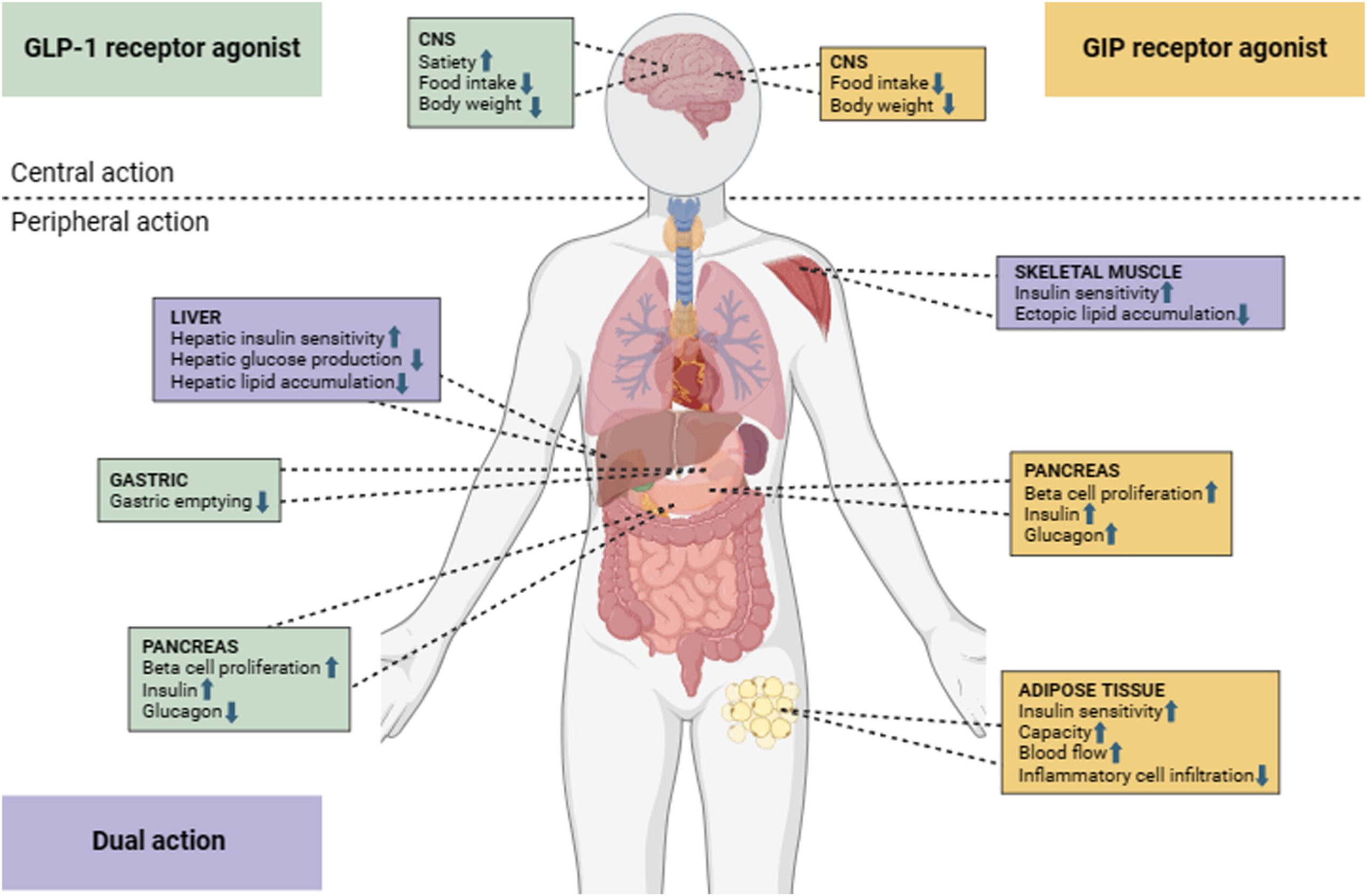A cancer therapy that prompts the body’s immune defenses against viruses and bacteria to attack tumors can make patients more vulnerable to heart attack and stroke. A possible explanation for this side effect is that the treatment interferes with immune regulation in the heart’s largest blood vessels, a new study suggests.
Led by researchers at NYU Langone Health and its Perlmutter Cancer Center, the new work focused on a potent class of cancer-fighting drugs called immune checkpoint inhibitors. These medications work by blocking molecules embedded on the surface of cells — immune checkpoints — which normally serve as “brake pedals” that prevent excess immune activity, or inflammation. Some tumors are known to hijack these checkpoints to weaken the body’s defenses, so by blocking the checkpoints, the treatments enable the immune system to kill tumor cells.
However, this treatment type may also trigger damaging levels of inflammation in the heart, brain, stomach, and other organs, the researchers say. For example, past studies have shown that about 10% of those with atherosclerosis, the buildup of hardened fatty deposits (plaques) within artery walls, have a heart attack or stroke following cancer treatment. However, the specific mechanisms behind this issue had until now remained unclear.
To address this question, the research team explored at a cellular level how immune checkpoint inhibitors interact with immune cells within arterial plaques. A genetic analysis by the study authors showed that the same type of immune checkpoints targeted by cancer therapies also appear in arterial immune cells, establishing a link between checkpoint inhibitors and cardiovascular events.
“Our findings provide new insight into how a drug intended to target tumors can also prompt a heightened immune response in arteries and increase risk of heart disease,” said study co-senior author Chiara Giannarelli, MD, PhD. “Cancer patients and their physicians should be aware that they may need to monitor for new heart concerns following cancer treatment,” added Giannarelli, an associate professor in the Department of Medicine at NYU Grossman School of Medicine.
For the current study, which published online Nov. 29 in the journal Nature Cardiovascular Research, the researchers analyzed the genetic activity of thousands of immune cells collected from the plaques of 50 men and women undergoing a surgical procedure to address atherosclerosis.
The investigators also explored how Type 2 diabetes, a known risk factor for both cancer and heart disease, may make those with atherosclerosis even more vulnerable to the ill effects of checkpoint inhibitors, adds Giannarelli, also associate professor in the Department of Pathology at NYU Grossman School of Medicine. As part of the study, the team assessed immune checkpoint activity in arterial tissue collected from eight patients with diabetes and four healthy volunteers. Notably, none had a history of atherosclerosis. The results showed that the diabetes patients had less measurable communication between checkpoints, which in turn can prompt increased inflammation.
Other experiments further revealed that taking immune checkpoint inhibitors might make it harder to combat atherosclerosis. Under normal circumstances, physicians typically prescribe low-fat diets to reduce plaque buildup and inflammation. Indeed, the researchers’ experiments in rodents confirmed that such diets boost communication between immune checkpoints within arteries. However, cancer patients may be at a disadvantage because their therapy, by blocking these same checkpoints, may counteract the anti-inflammatory benefits of fat reduction.
“Our findings highlight how cancer, diabetes, and heart disease do not exist in a vacuum, and that it is critical to consider how targeting one of these conditions can affect the others,” said study co-senior author Kathryn Moore, PhD. “Now that experts have a better understanding of the interplay between these diseases, they can begin to explore new strategies to lower the risk of unintended health concerns caused by their treatment,” added Moore, the Jean and David Blechman Professor of Cardiology at NYU Grossman School of Medicine, where she also serves as director of its Cardiovascular Research Center.
Moore, also a professor in the Department of Cell Biology at NYU Grossman School of Medicine, cautions that the study did not directly assess immune checkpoint behavior in cancer patients. The team plans do so in future investigations, she adds.
Funding for the study was provided by National Institutes of Health grants P30CA016087, R01HL153712, R01HL165258, R35HL135799, and R01HL084312. Further funding was provided by the American Heart Association grant 20SFRN35210252 and a Chan Zuckerberg Institute grant.
In addition to Moore and Giannarelli, José Gabriel Barcia Durán, PhD, and Michael Gildea, PhD, served as study co-lead authors. Other NYU Langone researchers involved in the study are Letizia Amadori, PhD; Morgane Gourvest, PhD; Ravneet Kaur, MS; Natalia Eberhardt, PhD; Panagiotis Smyrnis, MD, PhD; Burak Cilhoroz, PhD; Swathy Sajja, MS; Navneet Narula, MD; Rami Vanguri, PhD; Ira Goldberg, MD; Edward Fisher, MD, PhD; and Jeffrey Berger, MD. Additional study investigators include Karishma Rahman, MD, PHD; Dawn Fernandez, PhD; and Peter Faries, MD, at the Icahn School of Medicine at Mount Sinai in New York City.

